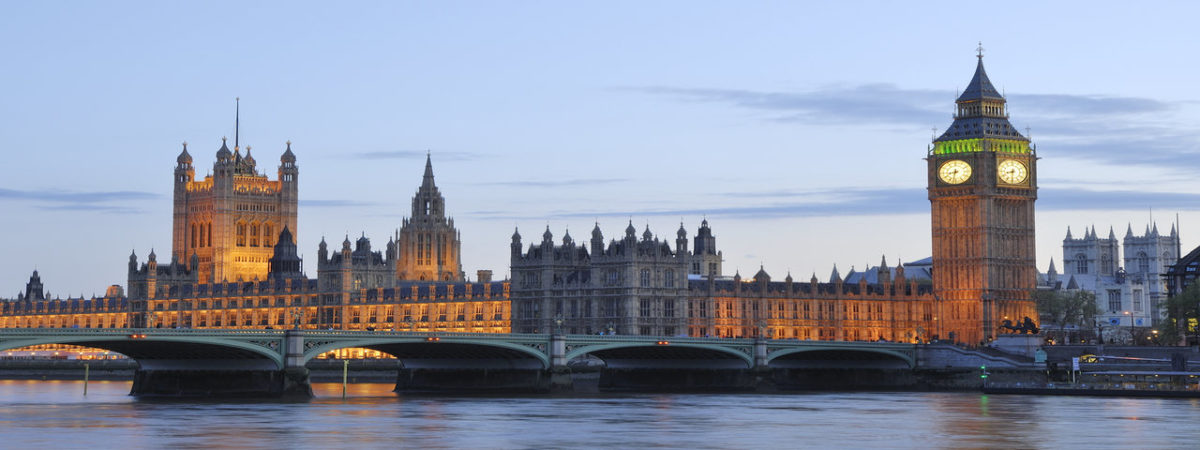Do markets need government?
SUGGESTED



According to conventional wisdom, Adam Smith’s “invisible hand” can privately generate market order within well-defined institutions of property rights and contract enforcement. But it can’t privately generate these institutions themselves.
My chapter asks: why not?
The obstacles society confronts when it comes to creating encompassing legal rules and enforcing these rules without government are difficult ones indeed. But precisely because the losses individuals stand to suffer from failing to overcome these obstacles are so large, they have strong incentives to do so.
The private governance solutions that individuals devise without government to secure social cooperation aren’t perfect, of course. But then again, neither is government. My chapter intends to show that private governance solutions are considerably more robust than we usually think. They can, and have, overcome the absence of state-created laws and enforcement – in some cases quite successfully.
To explore this argument, I consider the spontaneously-ordered legal foundations of medieval international trade – foundations that largely support international commerce to this day. I also examine the institutions that interior producers in 19th-century Angola developed to transform their economic partners’ behaviour from banditry to trade.
Finally, I discuss the decentralised legal system that emerged to govern the violent interactions of the Anglo-Scottish Border Reivers.
Do markets need government? At the very least, the answer to this question is more ambiguous than we normally think.
Hopefully, my chapter will help spur additional thinking about why the answer just might be no.
5 thoughts on “Do markets need government?”
Comments are closed.




This is becoming worth discussing, even among hardcore libertarian/anarchist types … Have interventions of government and cultural memes of dependency they’ve fostered become so enormous, that only further interventions can hope to extricate us from the maze? That is, is it necessary that further encroachment (and use of taxpayer funding) must be involved, in order to provide the incentives necessary for shifting the flow? Must we PAY people to be decent folk, until they do so on their own?
This is becoming worth discussing, even among hardcore libertarian/anarchist types … Have interventions of government and cultural memes of dependency they’ve fostered become so enormous, that only further interventions can hope to extricate us from the maze? That is, is it necessary that further encroachment (and use of taxpayer funding) must be involved, in order to provide the incentives necessary for shifting the flow? Must we PAY people to be decent folk, until they do so on their own?
Excellent chapter, Pete. If we are to grasp the richness our own principles, we must determine how far they can be pushed logically. You have made an important contribution to that effort. When people question whether there can be law without the state, it is certainly useful to point out that we have long been living under law that evolved without the state, law that at one time or another was also enforced without the state.
Excellent chapter, Pete. If we are to grasp the richness our own principles, we must determine how far they can be pushed logically. You have made an important contribution to that effort. When people question whether there can be law without the state, it is certainly useful to point out that we have long been living under law that evolved without the state, law that at one time or another was also enforced without the state.
Why is that those entrusted to create law have without exception ultimately become so enamored of the process that power and authority historically become the purpose ?